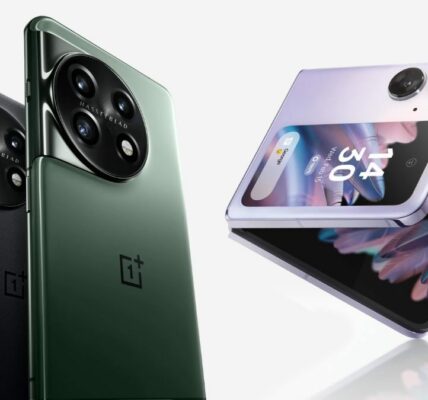Microsoft is discontinuing support for Windows 10, which could turn 240 million PCs into trash and a gold mine for e-waste
Microsoft recently revealed that it will no longer be supporting the Windows 10 operating system. This move will compel many companies that have outdated computers to upgrade, and it may also lead to an increase in the amount of difficult-to-throw electronic waste.
Launched in 2015, the previous operating system powered PC-format computers until Windows 11 took its place in 2021. Despite years of assurances from Microsoft that it would continue to support its older operating system, new research suggests that this could lead to a catastrophe with regard to e-waste.
Microsoft has imposed some very stringent PC requirements for Windows 11 compatibility, continuing its long-standing practice of attempting to control how people use its products. Not only does it not function on outdated 32-bit PCs (which you probably don’t have many of around), but it also requires a unique “TPM” security chip to be installed on the motherboard. These are exclusive to machines that are newer. Look at that old Dell laptop your CFO is carrying around: That doesn’t seem to be able to support an elegant, cutting-edge, artificial intelligence-powered operating system, does it?
A recent study by global technology market research firm Canalys Research looked at how frequently companies hold onto older technology and how much Microsoft normally charges for operating system support for older versions. (Microsoft will stop providing full support for Windows 10 in October 2025; however, extended support will be offered for an additional three years for an unspecified fee.)
Canalys came to the conclusion that businesses may decide to get rid of their outdated PCs when they are faced with Microsoft’s bills for maintaining them. A sudden increase in e-waste, potentially amounting to up to a million pounds of dead hardware worldwide, could result from this PC-dumping. That would be “a pile 600km taller than the moon,” according to Canalys, if all of those folded laptops were stacked up in that manner.
The waste stream in the US that is expanding the fastest is e-waste. An estimated 80 to 85 percent of it ends up in landfills, where defunct circuitry causes hazardous chemicals and metals to seep into the ground. As the company that has brought billions of new pieces of hardware into consumers’ hands over the years, Apple is well aware of the problem and has made numerous attempts to lessen its environmental impact, though some detractors question the effectiveness of the company’s initiatives.
Since smaller businesses are less likely to have sizable IT support teams, they may even upgrade their hardware faster than large multinationals, which will play a significant role in the Canalys forecast of a massive turnover in older PCs. The business choice isn’t very difficult. Either a large, ongoing expense is involved in keeping an outdated fleet of computers functioning past their prime, or a one-time capital investment is required to enable a company to use the newest software.
Some entrepreneurs view e-waste as a golden opportunity, while business leaders may fear a PC shift. plus a copper and silver one. According to some estimates, Americans’ disposal of their outdated smartphones results in the annual loss of about $344 million in gold, $46 million in silver, and $10 million in copper. Companies are putting a lot of effort into recovering valuable materials from outdated hardware as the market for recycling electronic waste grows. This niche market might be significantly impacted by an unexpected million pounds of Windows 10 PCs.
Therefore, one aspect of Microsoft’s Windows 10 decision that small businesses anticipating the headache of a PC switchover can take heart from is the abundance of other small operators who will assist in disposing of newly created e-waste.















